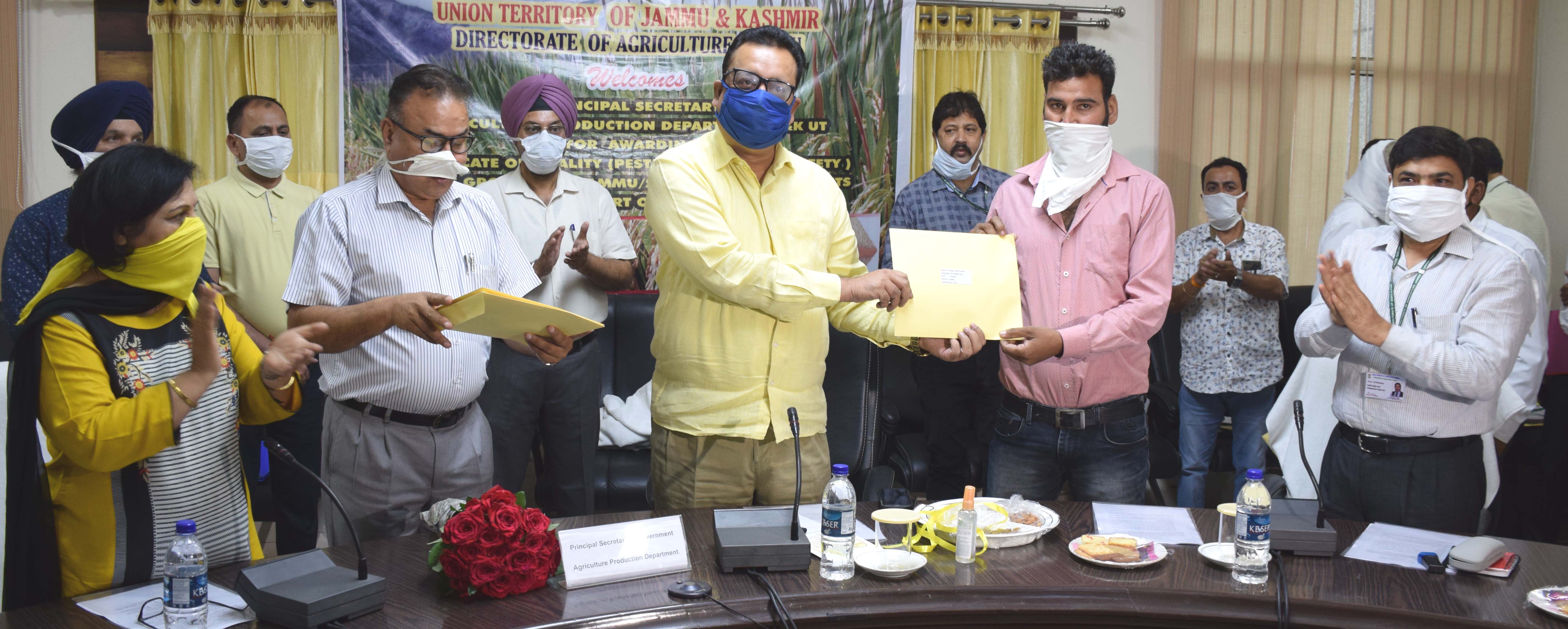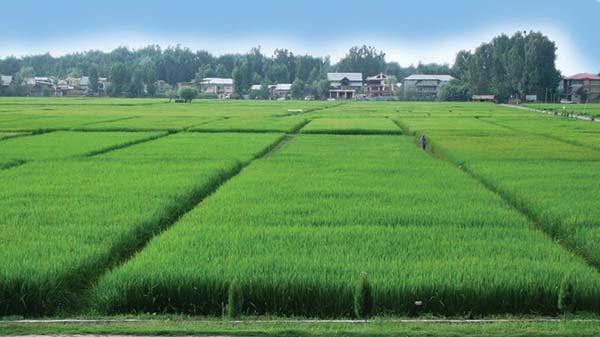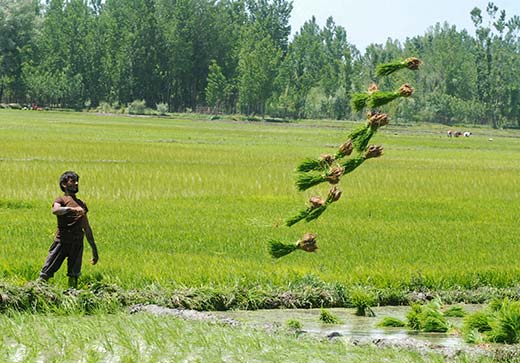SRINAGAR: In a rare consensus, apparently dictated by exports and third party, India and Pakistan may eventually share ownership of the prized Basmati rice that is being grown on either side of the Redcliff divide. Though the news break came from the official Turkish agency Anadolu Agency and was highlighted in Pakistani media, Delhi is tight-lipped.

The aromatic, long rice is a precious food that is hugely in consumption for high-end cuisine. Interestingly, India and Pakistan are the only two countries that grow basmati and it is restricted to erstwhile Punjab that was divided by the Redcliff line in 1947.
The rare consensus has emerged in the EU market where the two neighbours are fighting against each other over getting the Protected Geographical Indication (PGI) status for Basmati rice.
When India filed for the GI tag – first in 2016 and then in 2020, Pakistan opposed and filed a counterclaim, thus bringing the exports into dispute. The two countries have been claiming to be the original home of the precious rice variety but the available records suggest it has been grown in Kala Shah Kaku in the periphery of Punjab first and then it spread around in erstwhile Punjab. Sufi poet, Waris Shah is credited for mentioning the word Basmati first in his famous poem Heer Ranjha. This claim Indian experts have disputed.

In fact, the prized rice varieties came to Jammu only after the 1971 war. Now the areas in R S Pora and its immediate surroundings – very close to the International Border, are the major Basmati producers. Jammu exports Basmati worth Rs 200 crore to the Middle East and Europe.
“Pakistan exports 500,000-700,000 tons of Basmati rice to different parts of the world, with 200,000 to 250,000 tons shipped to EU countries, according to data by the Pakistani Commerce Ministry,” the Turkish news report said.
“India is the largest rice exporter in the world, netting $6.8 billion in annual earnings, with Pakistan in the fourth position at $2.2 billion, according to UN figures,” a recent AFP report said. “The two countries are the only global exporters of basmati.”
The major battle is over the EU market. In the last three years, AFP said, Pakistan has expanded basmati exports to the EU “taking advantage of India’s difficulties meeting stricter European pesticide standards”. As a result of this, Pakistan “now fills two-thirds of the region’s approximately 300,000-ton annual demand.”
Though the EU under its special rules had recognized Basmati as a joint product of the two countries as early as 2006, some development has taken place recently.
Recently, India applied for a 3-month extension from the EU to resolve its dispute with Pakistan. As per EU rules, the two countries must try to negotiate an amicable resolution by September, after India asked for a three-month extension, a spokesman for the European Commission told AFP.
“Historically, both the reputation and geographic area (for basmati) are common to India and Pakistan,” legal researcher Delphine Marie-Vivien told the AFP. “There have already been quite a few cases of opposition to geographical indication applications in Europe, and each time a compromise has been found.”

It is in this backdrop that the Turkish news-gatherer said that “exporters from both sides have agreed to share ownership of the region’s prized Basmati rice”. The major traders from the two countries, according to the report have admitted that joint ownership is the only way out as the rice is heritage property of both countries.
However, there has not been any official word on the issue from Delhi or the Basmati exporters or any major trade body from India.
The understanding for joint ownership could be the outcome of the European Union (EU)’s decision to establish a “New Basmati Authenticity Protocol.” Under this regime, if implemented, all “additional Basmati rice varieties will have to pass the native trait tests” before reaching the European consumer.















